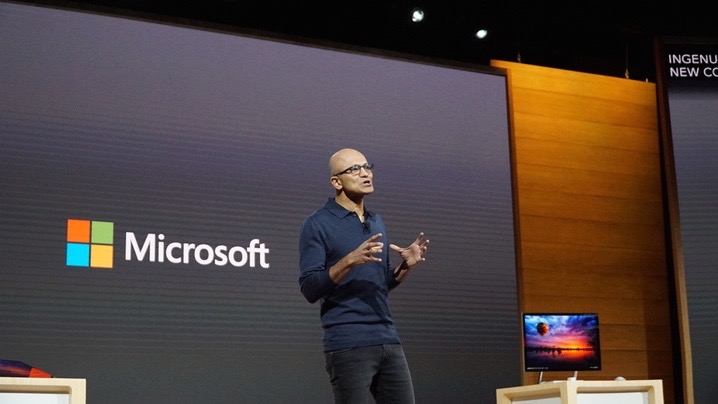
Sign up for breaking news, reviews, opinion, top tech deals, and more.
You are now subscribed
Your newsletter sign-up was successful
Google Chrome is getting a new feature that could seriously speed up how quickly it displays new tabs and certain other pages, thanks to work done by Microsoft.
The new ‘code caching’ feature has been revealed on the Chromium code commit by Microsoft, and will use caching to speed up internal pages, such as new tabs and settings, that use the ‘chrome://’ address.
- How to upgrade to Windows 10 for free
- What is the best laptop for your needs?
- We pick the best wireless routers
According to Microsoft, as reported by Windows Latest, the time it took to load a new page was reduced by 11 – 20%. While the feature is turned off by default, when enabled it could lead to Chrome feeling a lot quicker.
The new feature will be made available to desktop versions of Chrome, so not only Windows 10, but also Linux and macOS users will benefit. It doesn’t look like it will come to mobile versions of Chrome, however.
Will it make browsing the internet quicker?
No. At the moment it looks like the feature is focused on internal pages that use large scripts in WebUI pages. So, while that may not make websites load noticeably faster, it should make Chrome feel more speedy overall.
The good news is that Google itself is working on speeding up webpages in Chrome with its ‘back-forward-cache’ feature, which will be rolling out to people with Chrome 92. While this feature has been used for a while in the Android version of Chrome, it’s now coming to desktop.
When you navigate from a page, Chrome will keep the page in memory, so if you click the ‘back’ or ‘forward’ buttons to return to previous pages, they should appear instantly.
Sign up for breaking news, reviews, opinion, top tech deals, and more.
Google has been working on this for a while, and while there’s no concrete launch date for the feature, some users can try it out in Chrome 92. As long as these trials go well, we could see it later this year.
Analysis: Microsoft’s move to Chromium pays off again

Once, the idea of Microsoft working on improving Chrome, a rival to its Edge web browser, would have been unimaginable – especially working to improve it on Linux and macOS platforms as well.
However, a few years ago, Microsoft switched its unloved Edge browser to Chromium – which is the same engine that powers Chrome. This gave Edge access to features and extensions (add-ons that add more tools and features to the browser) that have been made for Chrome, instantly making it a more versatile browser.
It also meant that Microsoft now has a good reason to help develop Chromium-based web browsers. If the company is testing out features to add to Chrome, there’s a good bet that it has plans to also add those features to Edge as well.
Having a company like Microsoft also contribute to Chromium is a big benefit for users as well, no matter if they use Chrome or Edge. Long may it continue.
- These are the best web browsers of 2021

Matt is TechRadar's Managing Editor for Core Tech, looking after computing and mobile technology. Having written for a number of publications such as PC Plus, PC Format, T3 and Linux Format, there's no aspect of technology that Matt isn't passionate about, especially computing and PC gaming. He’s personally reviewed and used most of the laptops in our best laptops guide - and since joining TechRadar in 2014, he's reviewed over 250 laptops and computing accessories personally.